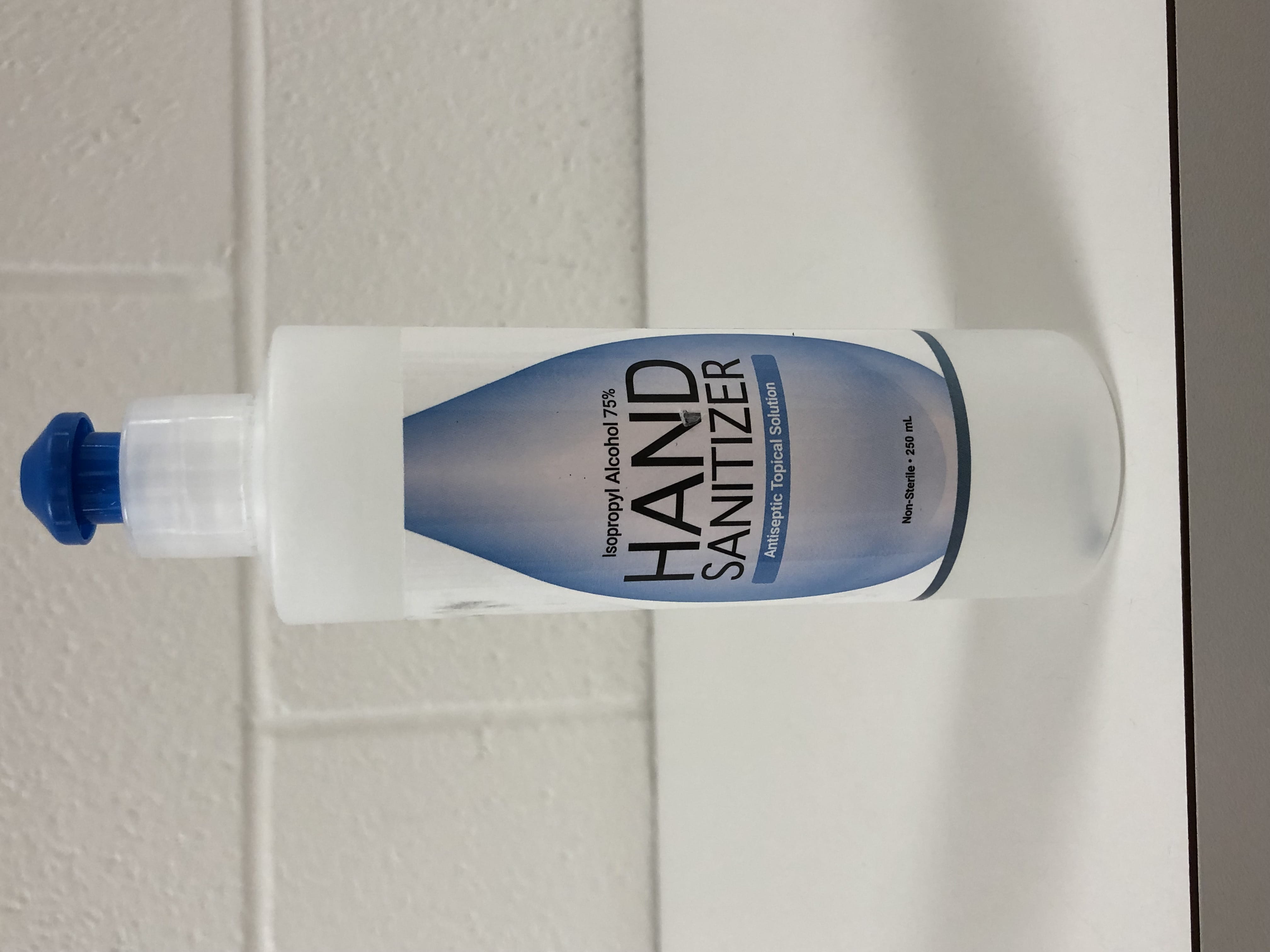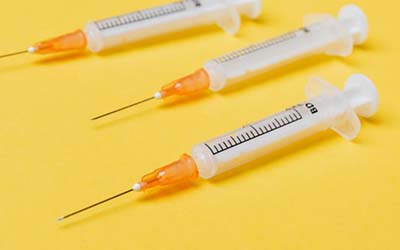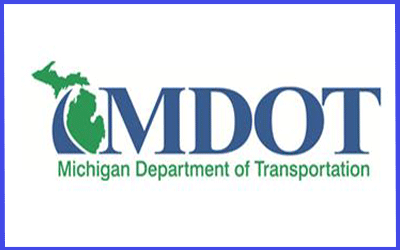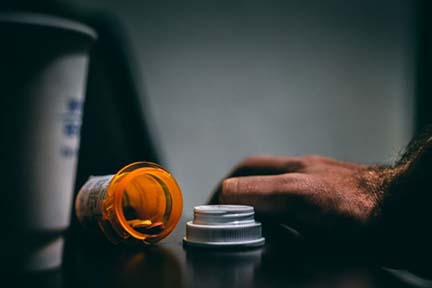Pontiac, Michigan – Oakland County Health Division is holding COVID-19 vaccination clinics at upcoming popular community events and destinations with the hopes of soon reaching the state and national goal of vaccinating 70 percent of residents ages 16 years and older. They include :
- Oakland County Farmers Market in Waterford on July 24
- Orchard Lake Fine Art Show in West Bloomfield on July 24 and 25
- Best Western Premier Hotel in Southfield on July 28, August 19, August 31, September 16, and September 29
- New Birth International Church/Church in the Park in Pontiac on July 30
- Hope United Methodist Church in Southfield on July 31
- Berkley CruiseFest in Berkley on August 20
- Berkley Art Bash in Berkley on September 11
All these locations will take walk-up appointments. For more information on these community and event-based COVID-19 vaccination clinics, go to OaklandCountyVaccine.com. Those who do not have access to the Internet may call the Nurse on Call at 800-848-5533 Monday through Friday, 8:30 a.m. – 5 p.m. for more information.
Meanwhile, Oakland County is turning its attention to immunizing college students against COVID-19 for the fall semester. The Health Division is working with local universities and colleges to schedule on-campus vaccination clinics for students who return later this summer. The county will announce details soon. Only 56 percent of Oakland County residents between the ages of 16 and 29 have received their first dose.
About 2,500 Oakland County residents ages 16 years and older remain to get their COVID-19 immunization for the county to reach the state and national goal of 70 percent vaccine coverage. As of Monday, July 19, 69.8 percent of Oakland County residents 16 and up have received their first dose. Oakland County will not stop at 70 percent, however, because of the COVID-19 variants in the community.
“With the presence of Delta and other variants of COVID-19 among our population, we need more and more residents to opt into getting the vaccine to protect each other,” Oakland County Health Division Medical Director Dr. Russell Faust said. “It’s become clear most of our recent cases involve unvaccinated individuals.”
The Health Division continues to offer its $50 gift card COVID-19 vaccine incentive for Oakland County residents who receive their first dose between June 24 and the day the county reaches 70 percent vaccine coverage for residents 16 years and older. Persons under 18 are eligible to receive a vaccine and a gift card with the consent of their parent or legal guardian.
Oakland County residents may visit any Health Division vaccine clinic or enrolled COVID-19 vaccine provider in Michigan to qualify for the incentive while supplies last. The Health Division is holding daily vaccine clinics from 9:00 a.m. – 4:30 p.m. at both its North Oakland Health Center in Pontiac and South Oakland Health Center in Southfield. Oakland County residents who receive their first dose at a provider other than Oakland County Health Division may claim the incentive by:
- Visiting OaklandCountyVaccine.com to complete a survey. The gift card will be mailed after the Health Division has verified vaccination status.
- Individuals who do not have access to the Internet, may call the Nurse on Call at 800-848-5533 to claim their gift card.
Use the State of Michigan’s COVID-19 vaccine finder to locate a convenient provider.
The following is an update on progress vaccinating Oakland County residents, according to the State of Michigan COVID-19 Vaccine Dashboard as of July 19, 2021:
Total eligible residents 16 and older: 1,029,737
- Number of residents 16 and older necessary to reach 70 percent coverage: 720,816
- Number of residents 16 and older who have received first dose: 718,322
- Number of residents 16 and older who have completed vaccination: 669,251
- Vaccine coverage for residents 16 and older: 69.8 percent
Total eligible residents 12 and older: 1,091,389
- Number of residents 12 and older who have received first dose: 745,512
- Number of residents 12 years and older who have completed vaccination: 692,726
- Vaccine coverage for residents 12 and older: 68.3 percent
Total eligible senior residents 65 and older: 217,676
- Number of senior residents who have received first dose: 184,175
- Number of senior residents who have completed vaccination: 172,265
- Vaccine coverage for senior residents: 84.6 percent
Total doses distributed within Oakland County: 1,353,015
- Total doses administered within Oakland County: 1,389,873
- Percentage of doses administered within Oakland County: N/A
 LANSING, MI – Today, the Michigan Department of Agriculture and Rural Development (MDARD) issued a Stop-Use and Stop-Removal Order for Purella brand hand sanitizer after finding the products do not protect the public and do not comply with the standards in the Michigan Weights and Measures Act, 1964 Public Act 283.
LANSING, MI – Today, the Michigan Department of Agriculture and Rural Development (MDARD) issued a Stop-Use and Stop-Removal Order for Purella brand hand sanitizer after finding the products do not protect the public and do not comply with the standards in the Michigan Weights and Measures Act, 1964 Public Act 283.





